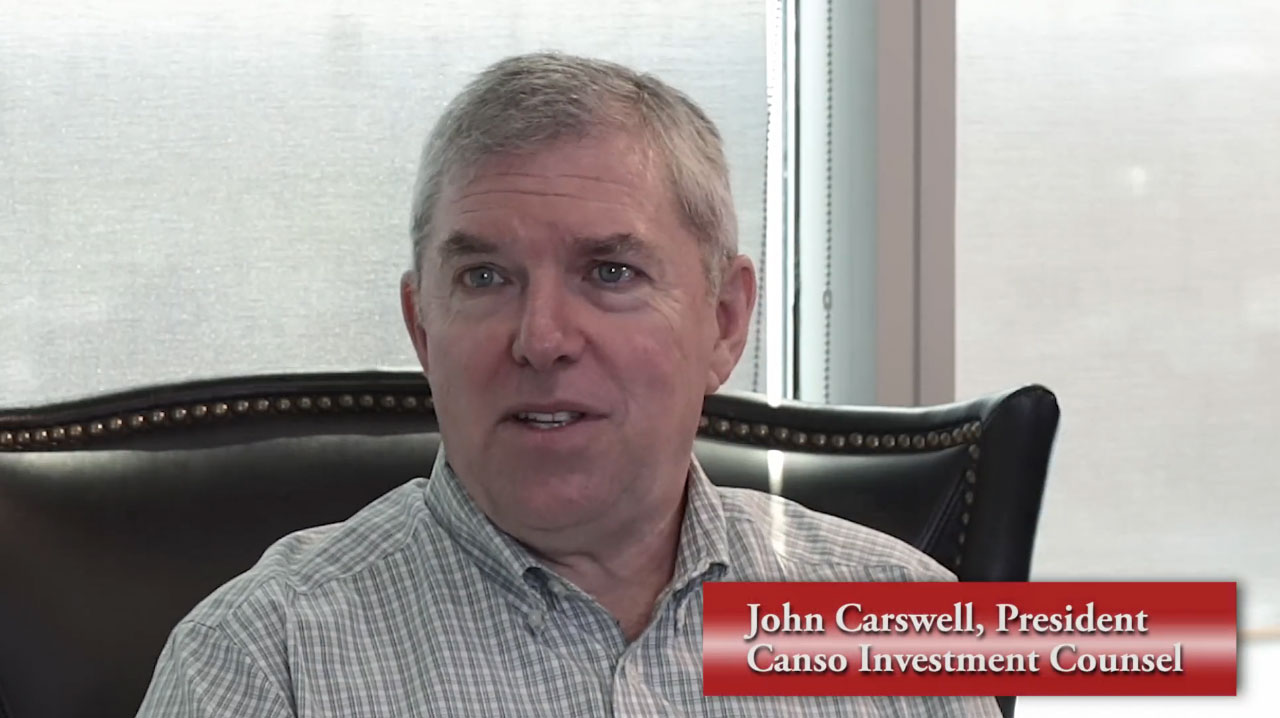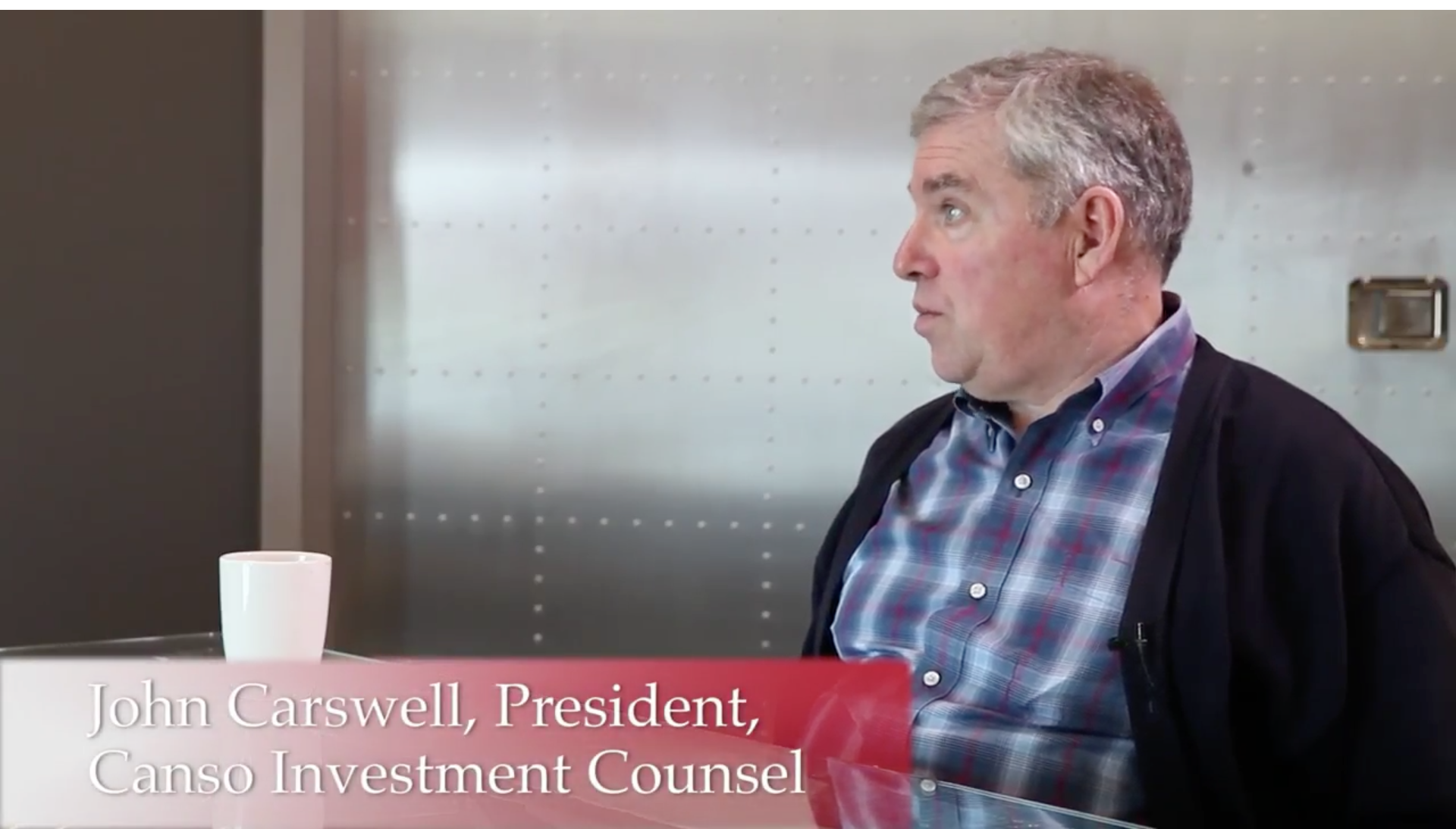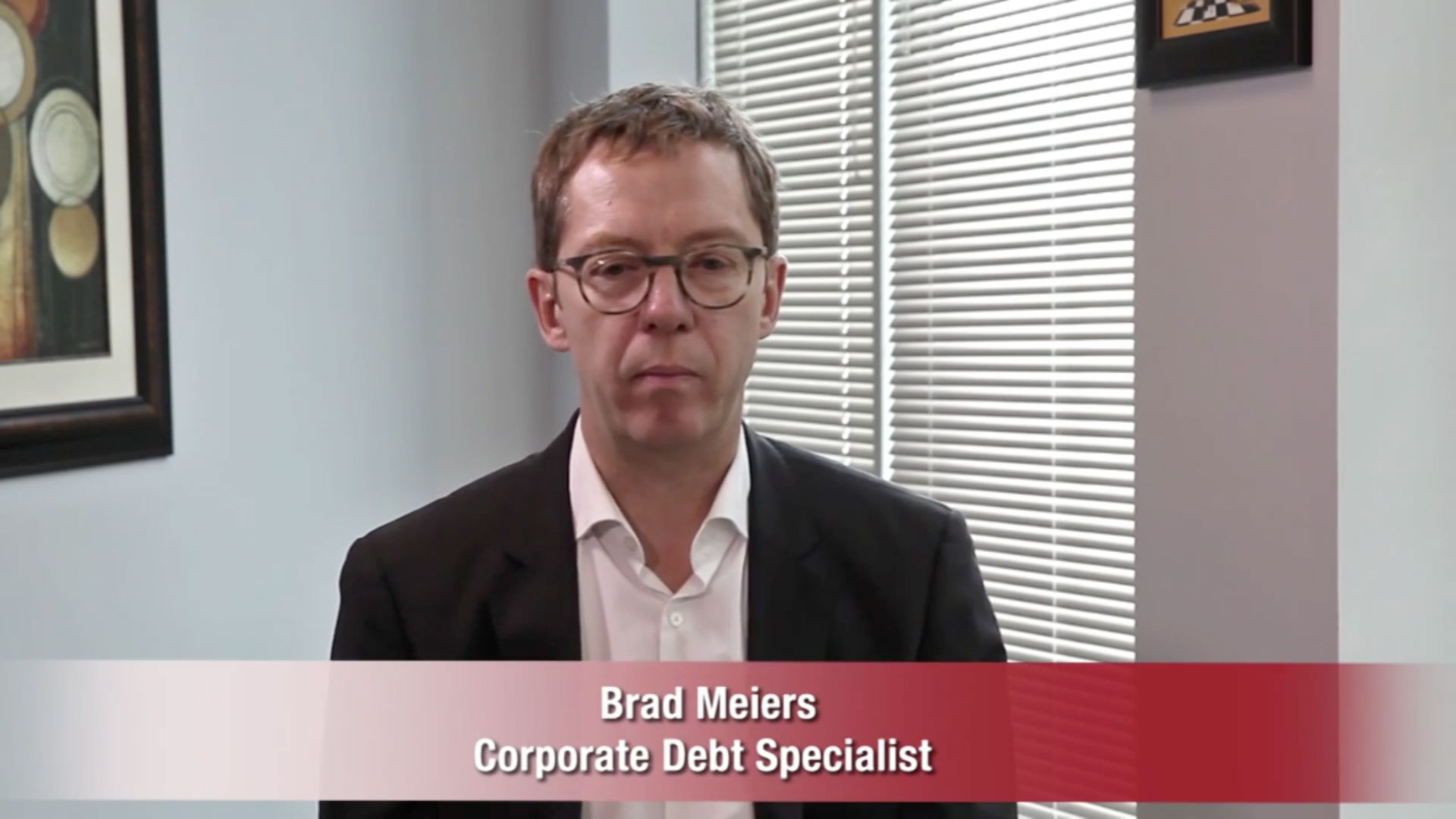Investors were rattled in 2015 when stock markets staged a broad retreat in response to faltering Chinese economic growth and tumbling commodity prices. John Carswell, the president of Canso Investment Counsel told Financial Pipeline co-editor Malcolm Morrison that he’s surprised investors reacted as if markets never went through a correction. And he adds that too many investors forget the difference between investing and gambling.
JC: When I got into the marketable side of the markets, I thought, these people don’t know much at all. They’re basically flinging their money around. They’re not much better than people gambling at a casino. I thought, “Okay, well how should you invest money, to make money?” I realized to invest money to make money, you have to understand what you’re doing. You have to know the fundamentals of the company involved. If I offered you a cash flow of a million dollars a month, you’d say “Wow, is that risky or not risky?” and I’d say “Oh, I’m just going to give you a million dollars a month for doing nothing, except for looking good. You’re looking pretty good today Malcolm.”
MM: Thank you sir.
JC: And you’d say “Okay, well that’s easy money. I’ll get a million dollars a month.” And then you say to me, “Would you like to buy that from me, John?” And I go “Well, what do I have to do?” And you go “Nothing, but looking good.” Well I’m not as good-looking as you, but on the other hand, I say, “Well, what should I pay for that?” and I think, “What’s the certainty of a million a month? What’s it depend on? It depends on me doing a good job, Malcolm Morrison.’’ So if I pay you for that, the result is, if you leave, I don’t get anything, so why would I give you any money? Well that’s a salary. That’s dependent on your personal effort. A company has cash flows that depend on the efforts of a lot of people, products, marketing and advertising. But when you assess a company, you say, it doesn’t matter if the stock goes up and down. Things are popular and unpopular, if it’s a fundamentally solid company, you can depend on those cash flows. The problem with the markets is people don’t know what to do, so they say “Well, if I bought on the bottom and sold on the top and bottom and sold at the top, I’d own the whole world.” Well, nobody can do that.






